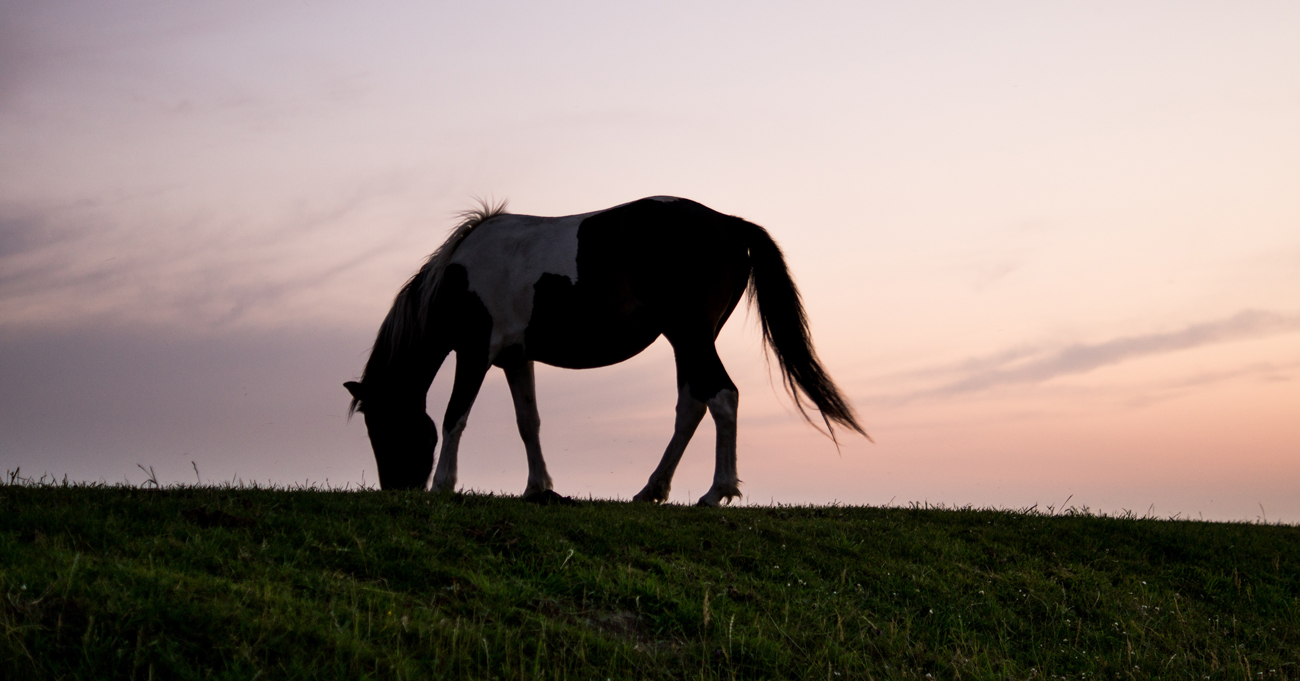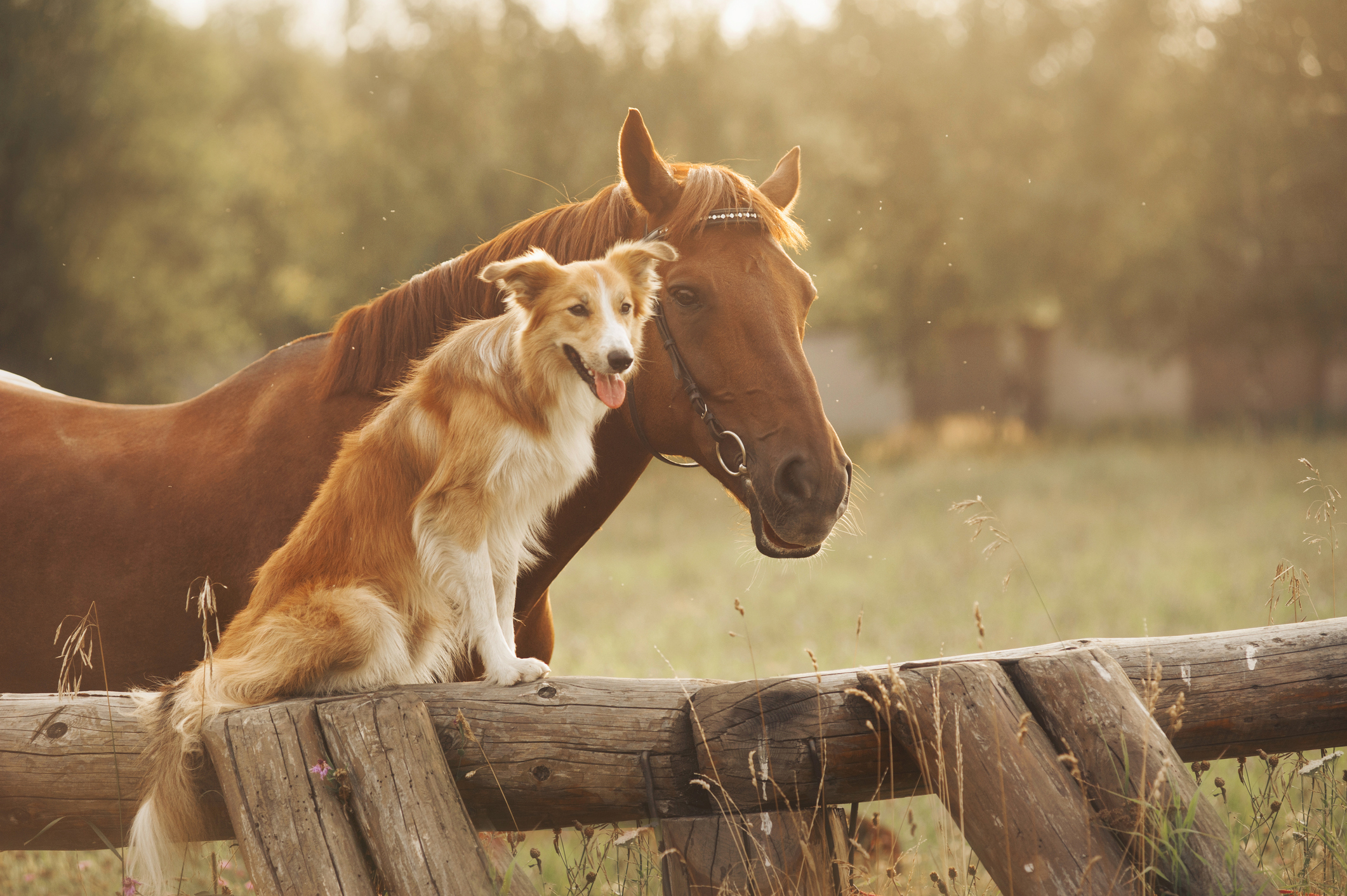With your equine friend in tow, travelling around the country to events and competitions can give you plenty of time to ponder your life together.
You’ll no doubt consider practical questions such as whether your insurance for your horse trailer is appropriate and up-to-date. But what about less everyday issues? Is your horse a natural show jumper? Where do they get their startling speed and grace from? The intriguing answer could lie in their family history.
Checking your horse’s background is the perfect way to get to know them, so get started today with our handy guide. Who knows, you could find they have a prestigious forebear!
Why check your horse’s history?
Formally identifying a horse and its bloodline is important for many reasons. Definitive identification can be vital for entry into a breed or sports register, for competitions and racing as well as helping prove ownership.
All horses must now have a valid horse passport, into which a physical description including height, sex, colour and any other identifying markings are recorded.
Bloodline information will also give you an insight into your horse’s traits and is a good way to look out for any potential disease or health issues.
As well as being fascinating, finding out that your horse comes from a long line of winners could even increase their value!

Where to start?
The first place to start is by checking the horse passport you received when you bought them. Passports have been a legal requirement since 2005 and will give you valuable information from which to start.
The horse passport must be kept with them at all times, whether at their stable or on the move. You need to provide your horse’s passport:
- When your vet examines or treats your horse.
- If an animal health inspector, trading standards inspector or other enforcement officer makes a request to see it.
- When you sell or give the horse to someone else.
You could receive an unlimited fine if you cannot produce a valid horse passport. It’s therefore important to not only carry horse trailer insurance documents but also your horse passport when travelling around the country.
If your horse was issued with a passport by a UK breed society then contact them as they’ll probably have a studbook from which you’ll be able to find out your horse’s parents. Indeed, some breed societies have studbooks that contain bloodlines stretching back hundreds of years!
Many such societies will only register horses that have a certain number of pure-bred ancestors. And some even include family trees in the issued passport – taking a lot of the leg work out of your research.
For horses imported from abroad, contact the UK breed equivalent and see if they have links in the country of export. Many societies have such links and can help you find out more information. They might even let you transfer your horse onto their studbook.
Online resources
To give a fuller picture of your horse’s background besides the straight data, then contact other owners of the breed.
There are many groups on social media that focus on specific breeds and could provide you with a wealth of information and a whole new circle of horse contacts.
Who knows, your horse could have some nearby half-brothers or sisters you can visit!
When posting, make sure to include the following information about your horse:
- Full name
- Dam and sire
- Age
- Where bred
- A clear photo to show any distinguishing marks
There are also several online resources such as the Horse & Pony Database that allow members to upload and trace their horse’s family history.
Even just establishing the full name of your horse is invaluable as most UK studs and breeders have a registered prefix which is added to horses they’ve bred.
Contact the breeder directly and see if they’ve any information they could add. A great idea for a trip could be to arrange to visit one of their equine relatives or at least see their place of birth.
Your horse could have changed owners several times over the years. Contacting them will not only provide a fuller picture of their life so far but former owners will also be pleased to hear how they’re doing now!

Microchipping
Sometimes however your horse’s passport may be missing or have incorrect information. But don’t despair. Since July 2009, it’s been a legal requirement for all horses to be microchipped when they’re issued with a passport. So, if there’s a gap in their history then the microchip could hold the key.
Microchips are easily checked by your vet using a handheld scanner. You can then use the unique identification number held inside the chip to check the Central Equine Database (CED).
This recently established national database holds all of the information on your horse including keeper details, your horse’s passport, as well as the microchip details.
From October 2020, it’s a legal requirement for all horses to be microchipped and registered. It’s a great way to enable you to check your horse’s details, report it missing or stolen and make sure that any horses for sale are being sold legally.
Even if your horse hasn’t been registered on the CED then the microchip number can still help. The first three digits designate the manufacturer or country code. From there you can contact the relevant breed society and get them to help track down your horse’s history.
Find horse trailer insurance with
With over 60 years of experience in the equine insurance market, the specialist team at Equesure can find appropriate cover for a whole range of trailers.
Accidental damage, fire and theft are included as standard with all horse trailer insurance policies obtained through Equesure. Breakdown cover can also be arranged for both your vehicle and trailer to cover you whether at home or away. Other benefits can include:
- Public liability available up to £1 million
- Horse-drawn vehicles can also be covered
- EU cover included on some policies
- Friends cover available for social domestic and pleasure use
We also provide a complementary range of horse insurance and horse rider insurance policies to protect yourself and others from harm.
Get a quote from Equesure today.
Policy benefits and features offered may very between insurance schemes or cover selected and are subject to underwriting criteria. Information contained within this article is accurate at the time of publishing but may be subject to change.





